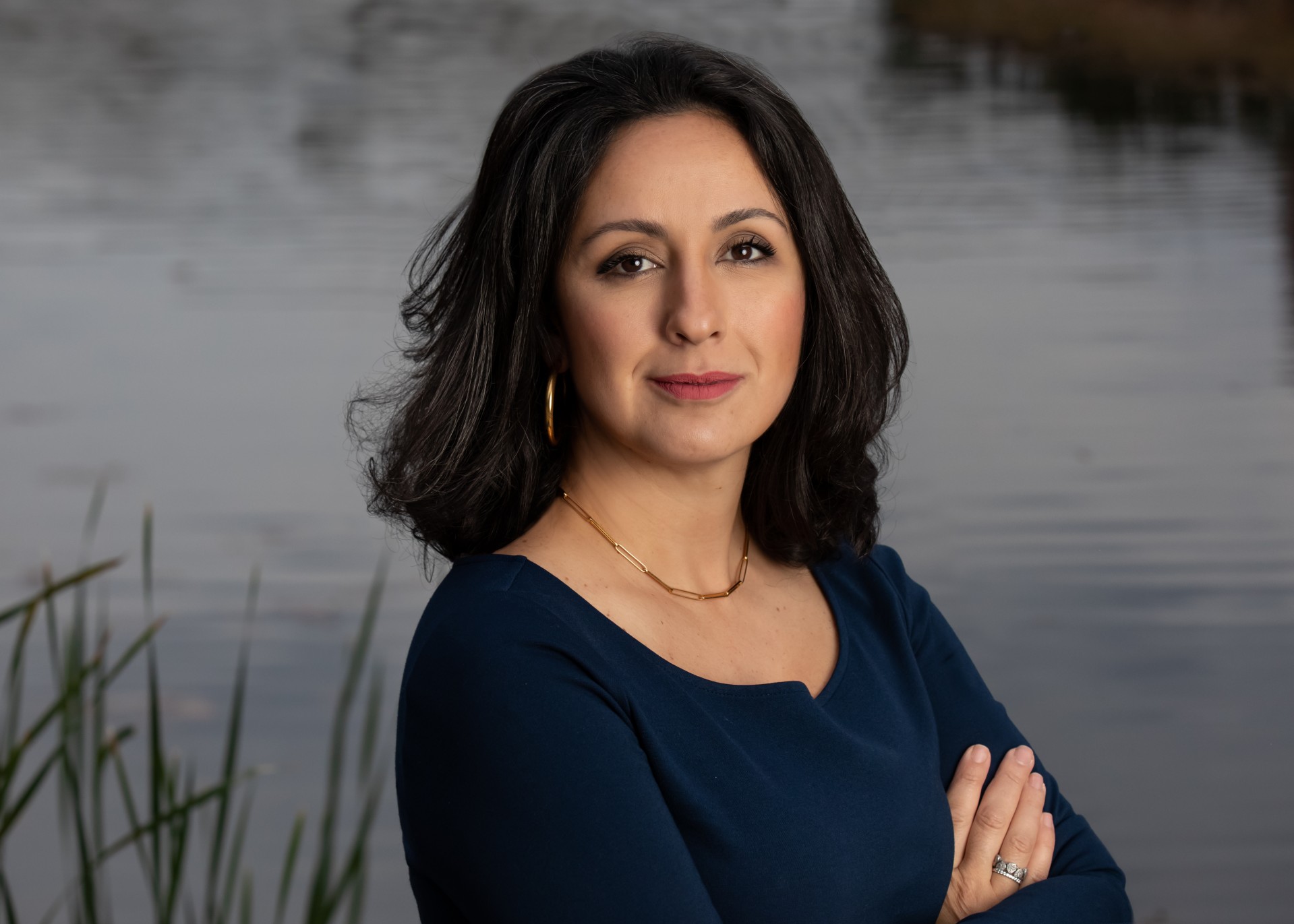Why I Pursued My APR — and Why You Should, Too
By Marcia Paterman Brookey, M.A., APR,
April 2022
If you are like me, you are a “doer,” a dedicated professional who plows through daily tasks. And, chances are, you went to journalism or marketing school or another program, but you did not plan on building a career in public relations.
Yet, here you are, working as an in-house PR professional or serving clients at an agency. You do great work and are determined to achieve even better results, but you might catch yourself wondering: “There has to be a better way of doing this” or “there has to be more to PR than just writing press releases and pitching media.”
If that is your case, you are not alone and it is OK to admit that we don’t have the training or the opportunity to do our job the best way we can.
A desire to learn more
I earned a bachelor’s in journalism in Brazil in the early 2000s. I never imagined that I would work in public relations and didn’t receive formal training in the area. Fast-forward to 2015, when I held a director position of marketing and public relations for a wealth management firm in the United States. (I will spare you the details of how I ended up here.)
Our marketing department performed great work, the management team was pleased, we had the budget to shoot for the moon with ideas to market and rebrand the company. I was determined to improve the firm’s reputation, increase awareness about our services, and — hopefully — grow our customer base.
Except I didn’t know how, by how much, or why. Consequently, we were putting resources and time behind projects that we didn’t have evidence would work, and in that disorganized environment, I felt as though I was scratching the surface by using my instincts and random ideas.
Until one day a friend announced that she had just earned the Accreditation in Public Relations (APR) with PRSA and I decided to find out more about it. She described the process and the takeaways, the Research, Planning, Implementation and Evaluation (RPIE) approach, the deep dive into research methods, and measurable goals to determine the effectiveness of marketing and PR campaigns.
Needless to say, everything she described sounded like what I needed and didn’t know existed. Since I’m a doer, I didn’t consider it for a day or two. I applied for the APR that same evening.
In hindsight, during my 10-year career I was practicing from experience, but not from a body of knowledge common to leaders in our field, so I decided to look for the discipline and skills I needed. And I am so glad I did.
A renewed effort
It was one of the hardest things I’ve ever done. And in full disclosure, I did not pass the computer-based examination the first time I took it. Honestly, I shouldn’t have passed it; I had not yet fully acquired the knowledge, skills and abilities to rise to the APR level of professionalism.
I was disheartened and devastated, but I took a step back, studied hard, created flashcards, posted schematics on the walls and spent several weekends in the office doubling down on the study materials.
After an intense and rigorous process, I received my Certificate of Accreditation in early 2019.
A new outlook
Throughout the APR process, I learned much more than I expected. It made me humble, disciplined, focused and an all-around better professional. I discovered the importance of building robust research into the foundation of every campaign to guide the decision-making and learned a proven strategic planning method to achieve measurable results.
I went through intense training on PR ethics and learned that mixing up strategy and tactics will jeopardize the campaign objectives. I realized how concrete PR campaigns based on research, sound strategies and achievable goals can promote behavior change, and much more.
Powered by the APR, I was able to craft targeted campaigns, reduce costs on ineffective initiatives, and bring home irrefutable results. The management team noticed the impact on the bottom line and the effectiveness of our strategic campaigns after I earned Accreditation.
I had a laser focus on measurable growth and demonstrated a disciplined process. It’s no coincidence that I brought to our office seven PRSA Silver Link awards the following year, including a Best In Show.
Obtaining my APR has shifted my way of thinking and I now have an unparalleled sense of confidence because I have the tools I need to better craft messages and coordinate activities that affect my organization’s relationships with its publics.
By developing strategic PR plans, I can be assertive, better align campaigns with the corporate goals, and serve my organization proactively, effectively and consistently.
The path isn’t easy. It does require focus and a reasonable study schedule, but the satisfaction of understanding the principles of our practice and fully delivering on the promise of our profession far exceeds the short-term commitment of time.
Like all educational journeys, the results last a lifetime and reflect your commitment to yourself and your work. I encourage you to pursue Accreditation in Public Relations and am happy to help you through this journey.
Celebrating Accreditation
April is Accreditation Month at PRSA. It’s a time to learn about how becoming Accredited in Public Relations can help advance your career. Look for posts on the PRsay blog, where Accredited PRSA members will share their personal stories this month. Learn more about earning your APR by visiting the PRSA website.



